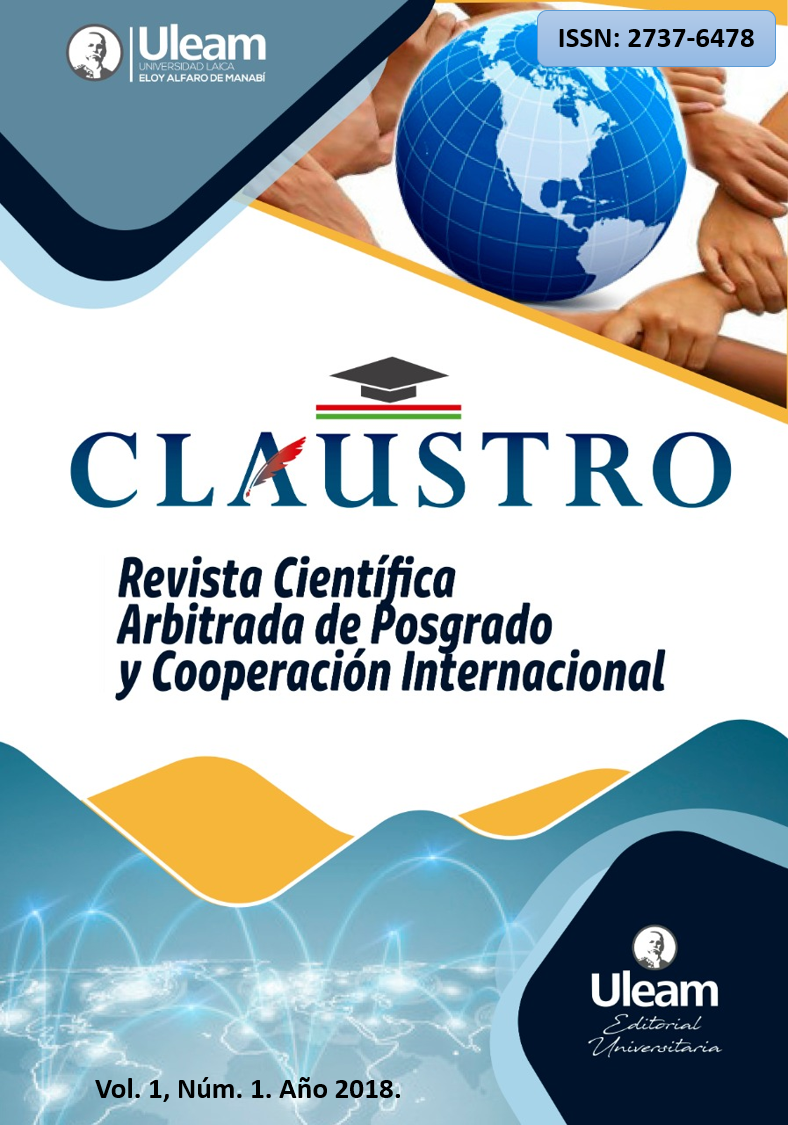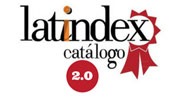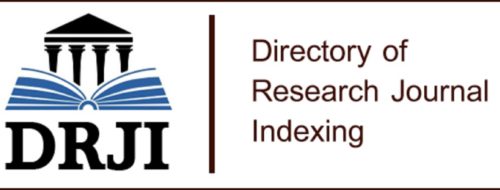Analysis of the use of communication tools of the GAD Jipijapa and its impact on the institutional image towards society, in 2016
Investigation article
Keywords:
Gad Jipijapa, communications tools, corporate imageAbstract
This research is a trial that is carried out to the Decentralized Autonomous Government of the Jipijapa canton (GAD), which is born from the experience as a professional of social communication, in which weaknesses are identified in the projection of the institutional image of the GAD, that affects the communicational relationship between citizens and the authorities of the Mayor's Office. It is determined that the Jipijapa Municipal GAD not only does not use communication tools adequately, but that it does not have policies or a plan that strategically manages the external communication of the Municipality towards society, who many times are unaware of the processes implemented by their government local. The theory that sustains the research starts from the philosophical support of Good Living and the laws related to communication in Ecuador; Likewise, the study variables are justified with the theoretical contribution of various authors on conceptions and approaches of communicational tools and corporate or institutional image. Finally, conclusions and recommendations are issued, which are developed in a proposal for a Communication Plan that are in the last part from the development of communication protocols that aim to improve the image of the Municipal GAD of Jipijapa.
Keywords: Gad Jipijapa, communications tools, corporate image.
Downloads
References
Ander-Egg, E. (2006). La participación ciudadana como una relación socio–estatal acotada por la concepción de democracia y ciudadanía. Obtenido de: http://www.scielo.org.mx/scielo.php?script=sci_arttext&pid=S1870-00632009000100004
Anguita, C., Labradora, R., & Campos, J. D. (2013). La encuesta como técnica de investigación. Elaboración de cuestionarios y tratamiento estadístico de los datos (I). Obtenido de: http://www.sciencedirect.com/science/article/pii/S0212656703707288
Arias, F. G. (2012). El Proyecto de Investigación, Introducción a la Metodología Científica. Caracas - Venezuela: Episteme, Sexta Edición.
Baena Paz, G.M. (2014). Metodología de la Investigación. Obtenido dehttps://ebookcentral.proquest.com/lib/uleamecsp/reader.action?docID=3228423&ppg=1
Caguas, M. E. (2015). El Sistema de Comunicación del Gobierno Autónomo Descentralizado Municipal de Alausí y su incidencia en la opinión pública de la población de ese cantón comprendida entre los 20 y 50 años de edad durante el periodo diciembre de 2012 a mayo 2013. Alausí, Chimborazo, Ecuador: Universidad Nacional de Chimborazo.
Hernández Sampieri, R., Fernández, C., & Baptista, M. (2014). Metodología de la Investigación. Sexta Edición. México D.F.: Mc GrawHill Education.
Jiménez, M. (2016). Análisis del Departamento de Relaciones Públicas y su influencia en la Imagen del Gobierno Autónomo
Martínez, C. (2016). Estadística básica aplicada. Bogotá: Ecoe Ediciones.
Paz, A. E. (2014). Estrategias comunicacionales de FAPANI y su incidencia en los discapacitados registrados en el Consejo Nacional de Discapacidades (CONADIS), en Riobamba. Riobamba, Chimborazo, Ecuador: Universidad Nacional de Chimborazo.
Valdiviezo, C., Valarezo, K., & Córdova, J. (2015). El Futuro de la Gestión de la Dircom: habilidades y retos. En Cuadernos Artesanos de Comunicación 94 (págs. 80 - 99). Loja - Ecuador: La Laguna Tenerife.
Varguillas, C. (2007). Implicaciones Conceptuales y Metodología en las aplicaciones de la Entrevista en profundidad. Laurus Revista e educación, 249 - 262.





4.jpg)









